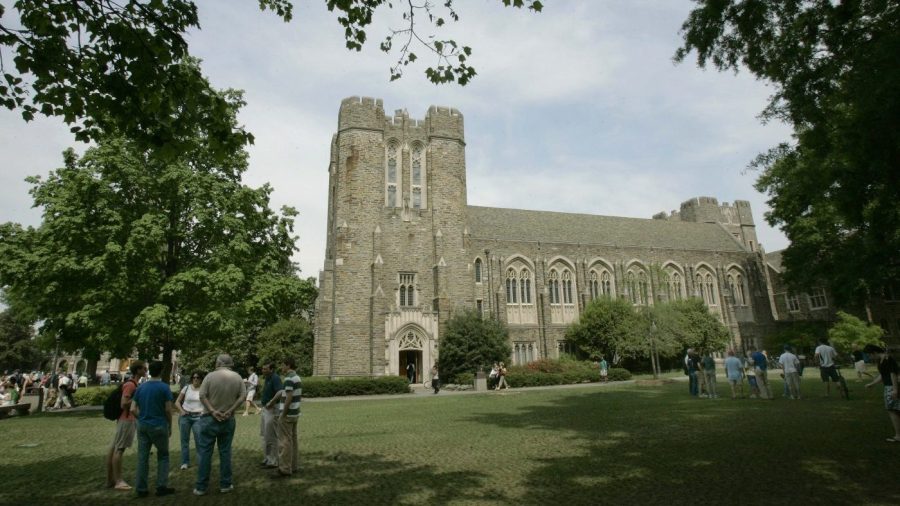URGENT UPDATE: The Trump administration has just announced a significant funding freeze affecting Duke University, with $108 million in federal research funding now on hold. This critical move, confirmed earlier today, raises alarms for the institution located in North Carolina as it faces a major financial hurdle.
The funding freeze, implemented on July 30, 2023, marks a dramatic shift in the relationship between the federal government and Duke, a leading research university known for its groundbreaking work across various fields. Officials have yet to provide a detailed explanation for this sudden decision, but sources indicate that it may be part of a broader strategy led by Stephen Miller, a prominent figure in the Trump administration.
This funding freeze comes at a time when Duke relies heavily on federal grants for its research initiatives, which span health, science, and technology. The university’s leaders are deeply concerned about the implications this could have on ongoing projects, faculty positions, and student opportunities. Immediate reactions from the academic community express dismay at the potential loss of innovation and advancement that such a funding cut could entail.
The impact of this decision is profound. Without the anticipated federal support, Duke may struggle to maintain its current research output and could face significant delays in critical studies that affect millions. The university has yet to respond publicly to this development, but pressure is mounting for an official statement to clarify their position and the steps they plan to take moving forward.
As the situation develops, stakeholders are urged to monitor the implications of this funding freeze closely. The academic community, federal lawmakers, and prospective students are all watching to see how Duke navigates this challenge. Additionally, the broader implications for research funding nationwide could be significant.
Experts suggest that universities across the country may need to prepare for similar actions, as the political landscape continues to shift. The urgency of this situation cannot be overstated, as it not only affects Duke University but potentially sets a precedent for how federal funding is allocated to educational institutions.
Stay tuned for further updates as more information becomes available. The ramifications of this funding freeze are likely to unfold in the coming days, and its effects on Duke University and its community could be felt for years to come.
